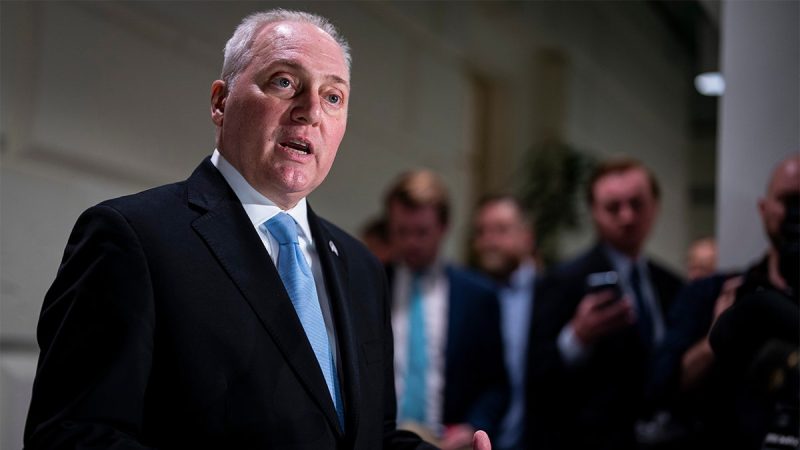, with the same stalemate in place that forced John Boehner to step down. In the weeks since Boehner’s departure, no single House Republican has been able to gain the support needed to be elected as speaker. This has led to numerous failed votes and endless rounds of negotiations behind closed doors. At the same time, the legislative agenda of the Republican-controlled Congress ground to a halt, leaving the government on the brink of a funding crisis.
The majority of House Republicans have been unwilling to accept the vacant speaker’s chair until a consensus candidate is appointed. Their hesitancy to commit to a speaker shows that many Republicans are concerned about being tied to the potentially unpopular decisions that must be made to keep the government funded. Instead, they are hoping to find a leader who is capable of giving them the political cover to pass key measures while also acting as a unifying force within their own party.
In spite of these difficulties, however, there does seem to be a glimmer of hope that a consensus candidate can arise to bridge the gap between warring Republican factions. As representatives from all sides of the political spectrum continue to negotiate and search for middle ground, polls suggest that the majority of the American public would like to see the parties come together and get the government back to work. While the stalemate is concerning and disruptive, it appears that the ultimate solution lies with the politicians themselves.
